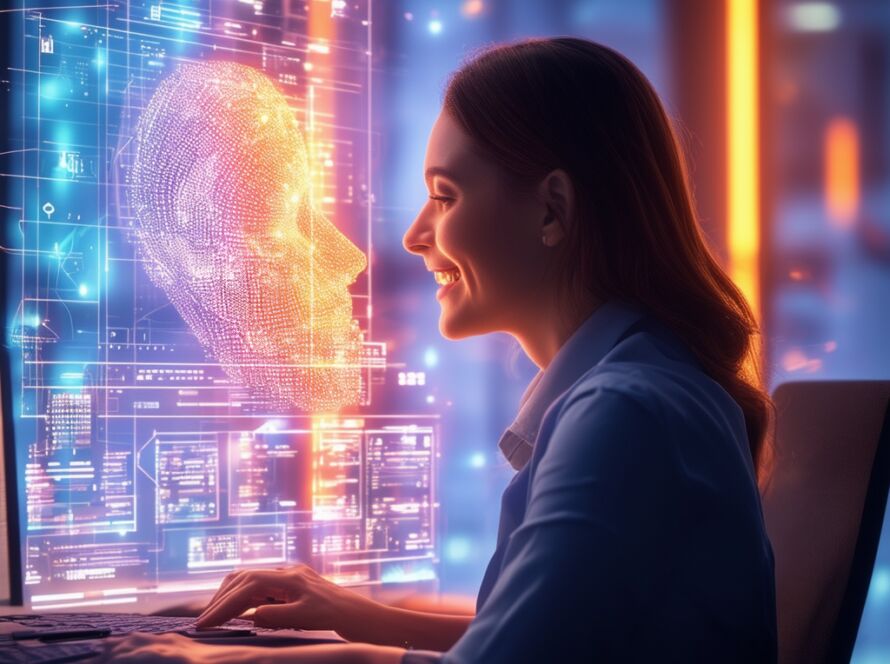In today’s digital landscape, where cyber threats evolve faster than you can say “firewall,” AI agents are stepping up as the new guardians of our online realm. But can these digital defenders really outmaneuver human hackers? Let’s explore the cyber battlefield and see what’s really at stake.
AI agents in cybersecurity are like tireless sentinels, constantly on the lookout for potential threats. Here’s why they’re becoming an essential part of modern defense strategies:
- Round-the-Clock Vigilance: AI agents don’t need sleep or coffee breaks. They’re always on duty, scanning networks, analyzing patterns, and spotting anomalies that might slip past even the most alert human analyst. This constant surveillance means threats are often caught early, potentially saving organizations millions in damages.
- Rapid Response: When AI agents detect a threat, they don’t waste time with paperwork. They take immediate action, isolating compromised systems or blocking suspicious traffic. This swift response can mean the difference between a minor incident and a major breach.
- Continuous Improvement: Unlike static security measures, AI agents evolve with each encounter. They become more effective over time, without needing performance reviews or salary negotiations. It’s as if your security team gets smarter every day, all on its own.
- Pattern Recognition Prowess: AI excels at identifying subtle patterns in vast amounts of data. This means they can spot sophisticated attack strategies that might fool human observers. It’s akin to having a master strategist analyzing every move on your network.
- Scalability: As your network expands, so does your AI agent’s capacity. They can handle massive increases in data without breaking a sweat, ensuring your security grows alongside your business.
However, let’s not dismiss human expertise just yet. AI agents are powerful tools, but they’re not perfect:
- Innovative Thinking: While AI is great at pattern recognition, it can struggle with completely new threats. Human intuition and creative problem-solving are still crucial for tackling unprecedented challenges.
- Nuanced Understanding: An AI might flag an unusual login attempt as suspicious, but a human analyst might recognize it as the CEO burning the midnight oil. This contextual awareness remains a uniquely human trait.
- Ethical Considerations: In complex scenarios where security decisions have broader implications, human judgment is essential. AI can provide data, but humans must weigh the ethical ramifications.
For organizations looking to harness the power of AI in their cybersecurity strategies, ai consulting services can provide valuable guidance. These services can help businesses implement AI solutions tailored to their specific security needs and challenges.
In conclusion, AI agents are reshaping cybersecurity from a reactive to a proactive discipline. They’re not replacing human experts, but rather enhancing their capabilities, creating a robust defense against the ever-evolving world of cybercrime. As we navigate this AI-enhanced security landscape, it’s clear that the future of cybersecurity will be a harmonious blend of artificial and human intelligence, each playing to its strengths in the ongoing quest for digital safety.
And remember, in the world of AI and cybersecurity, even the machines need to watch out for phishing… emails, that is!



